
Podcast: Care from a Distance
In the podcast about "Distance Caregiving," it discusses the tasks that these so-called distance caregivers can undertake and how they find a balance between a sense of duty and their own needs.

In the podcast about "Distance Caregiving," it discusses the tasks that these so-called distance caregivers can undertake and how they find a balance between a sense of duty and their own needs.

I can't take it anymore!" many people want to shout right now. Because we are tired, burdened by fears of the future, and now, just at the moment when the pandemic seems to be improving, the war in Ukraine has broken out. How can I manage in this situation to keep going, adjust my priorities well, and experience my self-efficacy and find meaning in it?
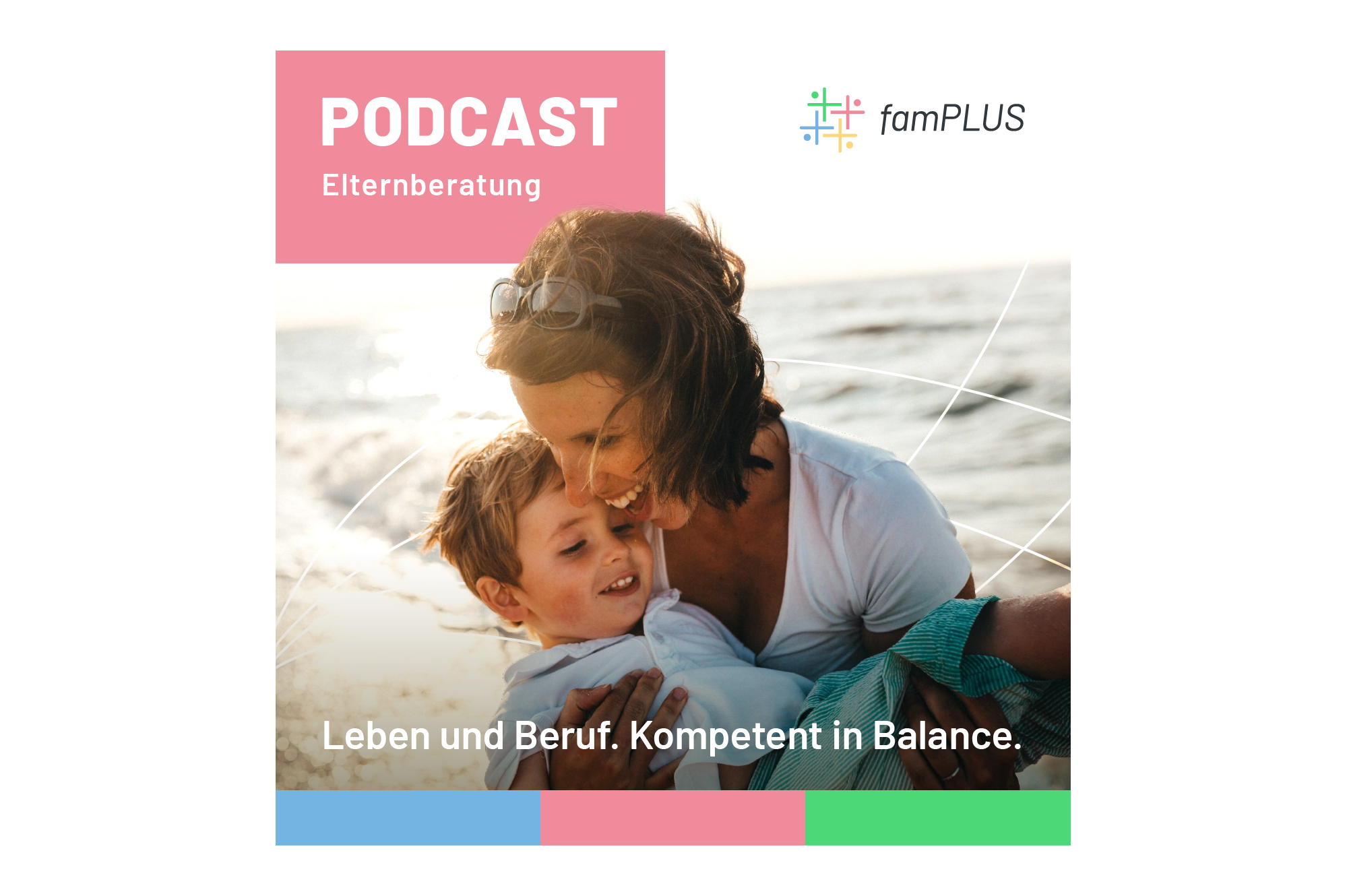
Resilience is a hot topic today. But what exactly does it mean, and how does resilience develop in children and teenagers? We asked these and many other exciting questions to the expert Gabriele Kaiser-Walz in our new podcast.
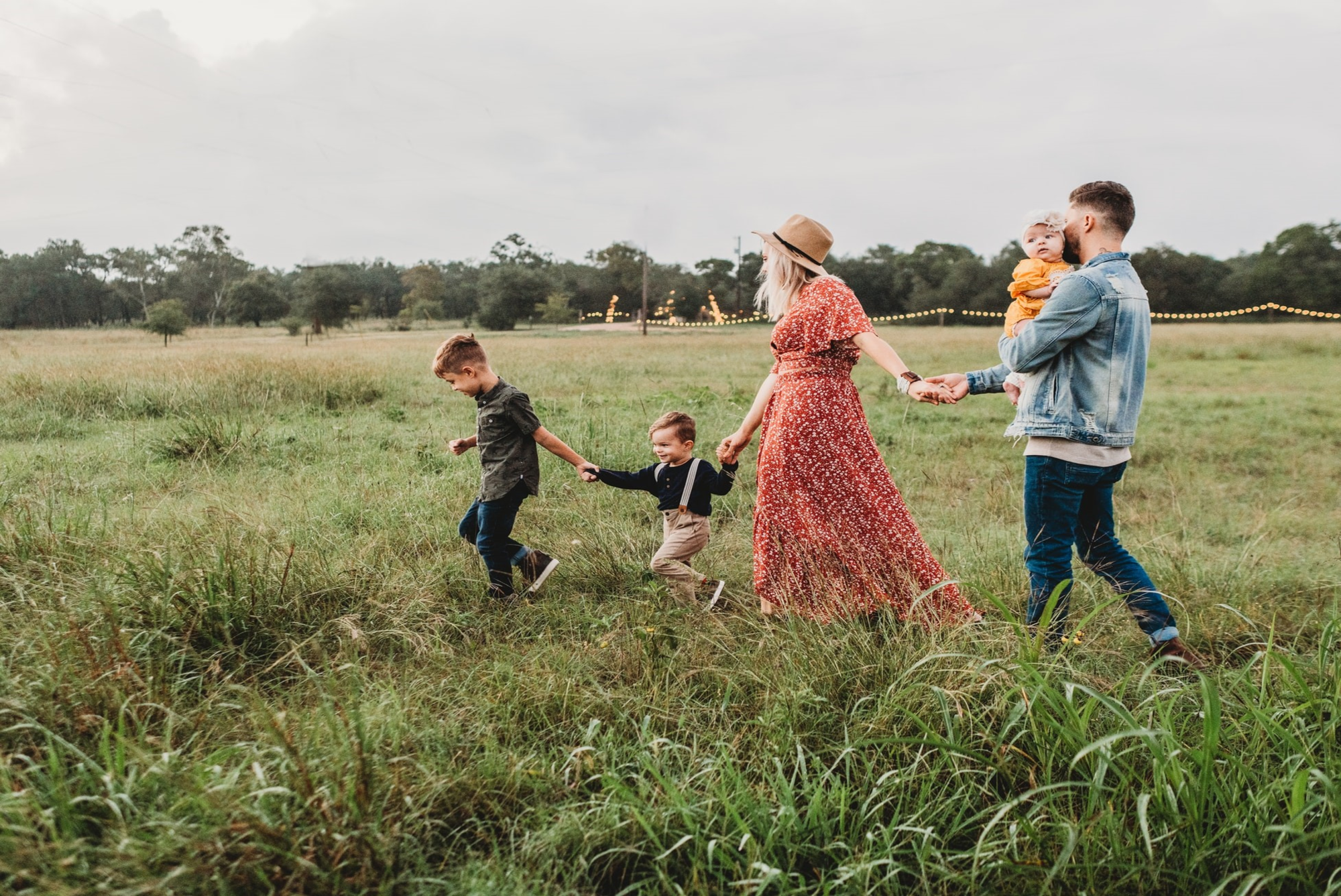
Every year, many thousands of marriages are dissolved in Germany, and many of the divorced couples have minor children. When the divorced individuals eventually find a new partner and decide to start a new life together, a so-called patchwork family is formed. With the right approach and a few tips, a harmonious and enriching coexistence for everyone can certainly be achieved.
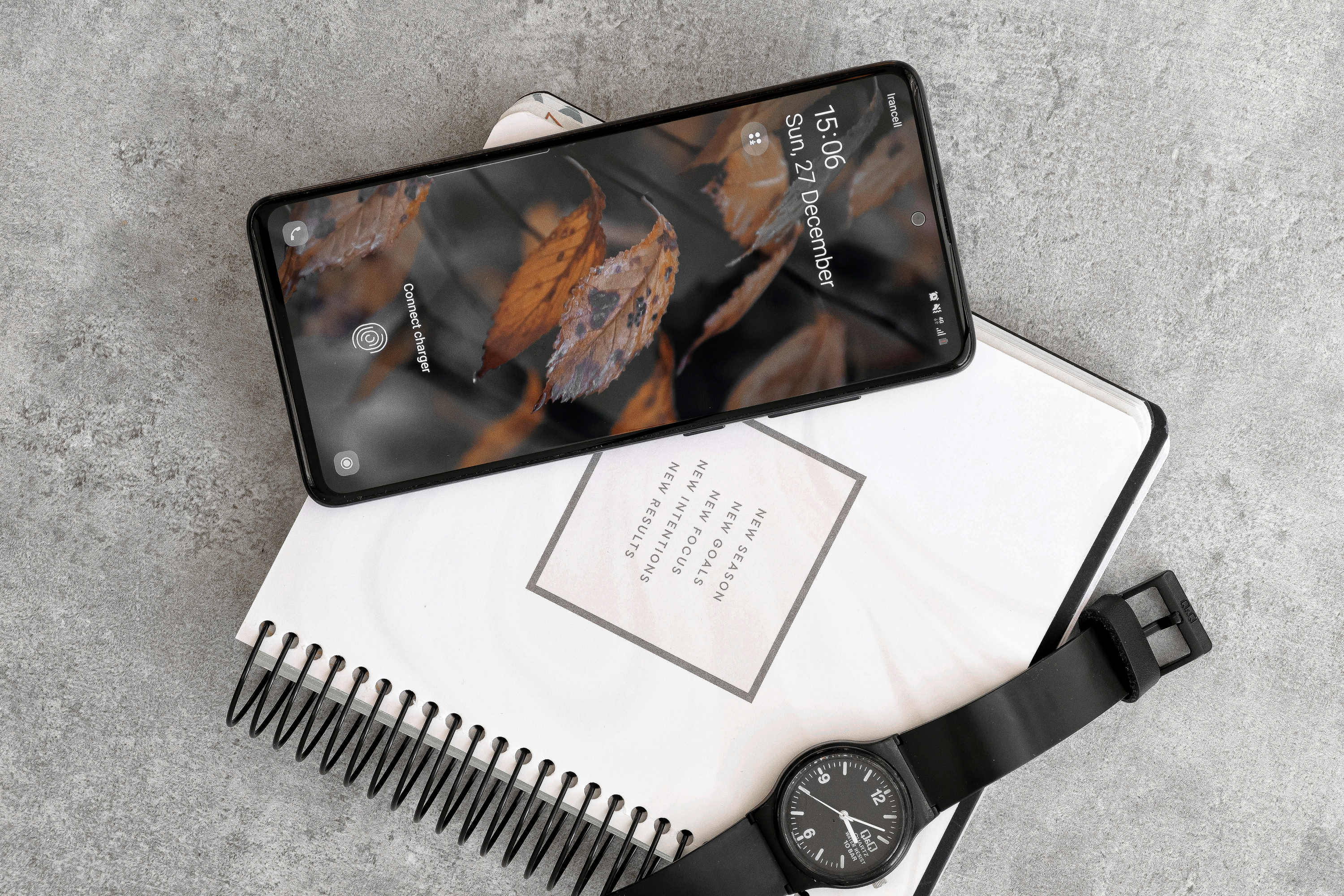
Healthcare and nursing are set to receive their next digital update. This resulted in the digital care applications - or "DiPAs" for short. What's this all about? You'll find out in this article.

It can be exhausting and destructive to be repeatedly subjected to stressful emotions such as anger, sadness, frustration, and rage. How do others manage to become more satisfied in everyday life overall?

The podcast with questions & answers on the topic of care – listen now! When parents, siblings, or grandparents become in need of care, everyone faces great challenges. Our podcast is about the challenges faced by children and teenagers with caregiving responsibilities and how adults can provide support.

The shortage of skilled workers and demographic change are putting a heavy strain on the healthcare system. To facilitate processes in the future and to take the step towards digitized care, Fujitsu, in cooperation with famPLUS, offers demand-driven solutions. How these solutions are developed and what they are exactly, you will find out in this episode.
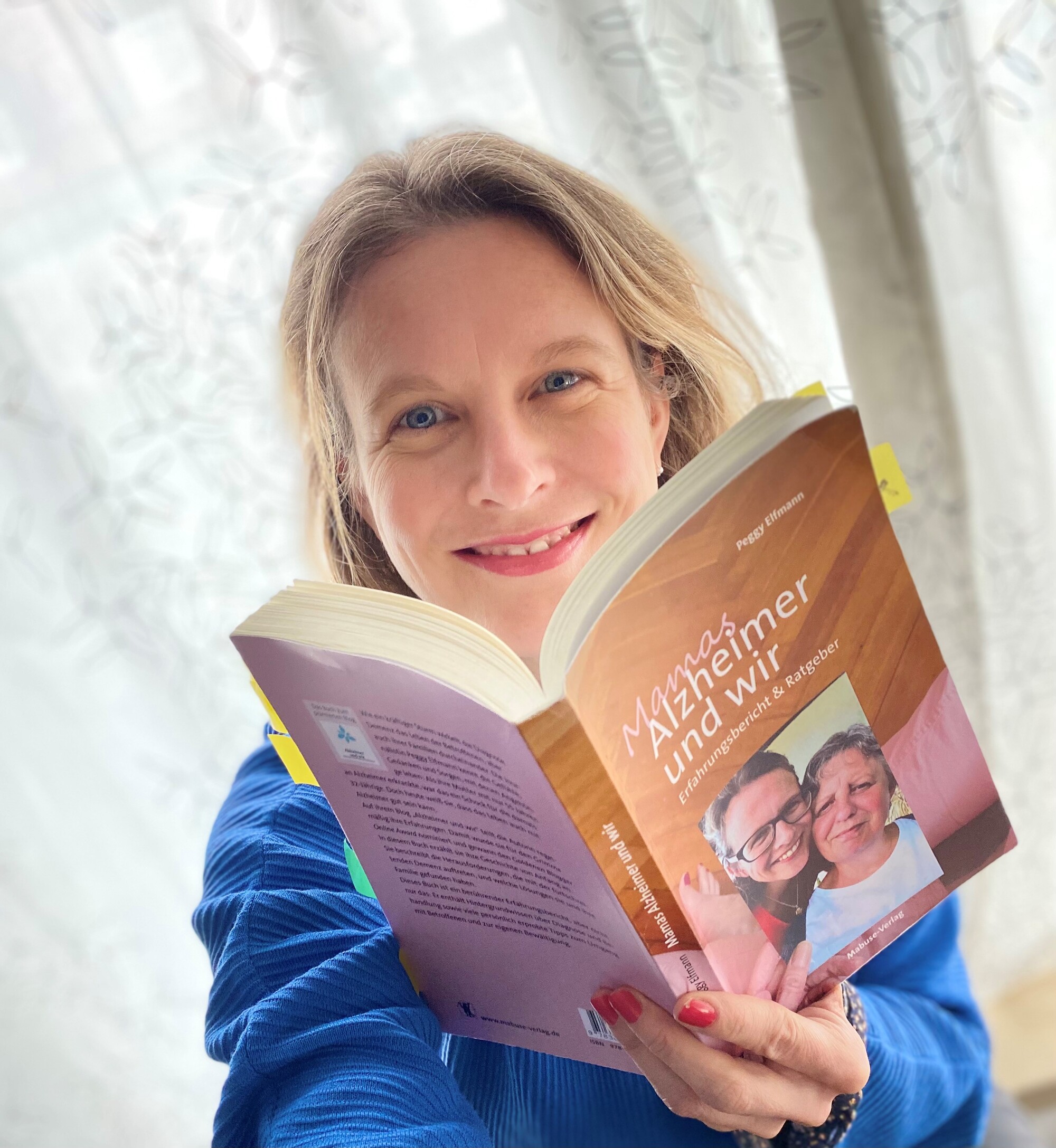
When my mother was diagnosed with Alzheimer's, I could hardly find words to talk about it. Nowadays, I talk a lot about dementia and my experiences.

Can I also harm myself with an advance directive? In case of doubt, will not everything medically necessary be done for me? Nadjila Behrens and Manuela Rest from the nursing advice department clarify these and other exciting questions in the current episode and also share personal stories from their lives.

The Bundestag has passed a new care reform. We have summarized the most important changes for you:
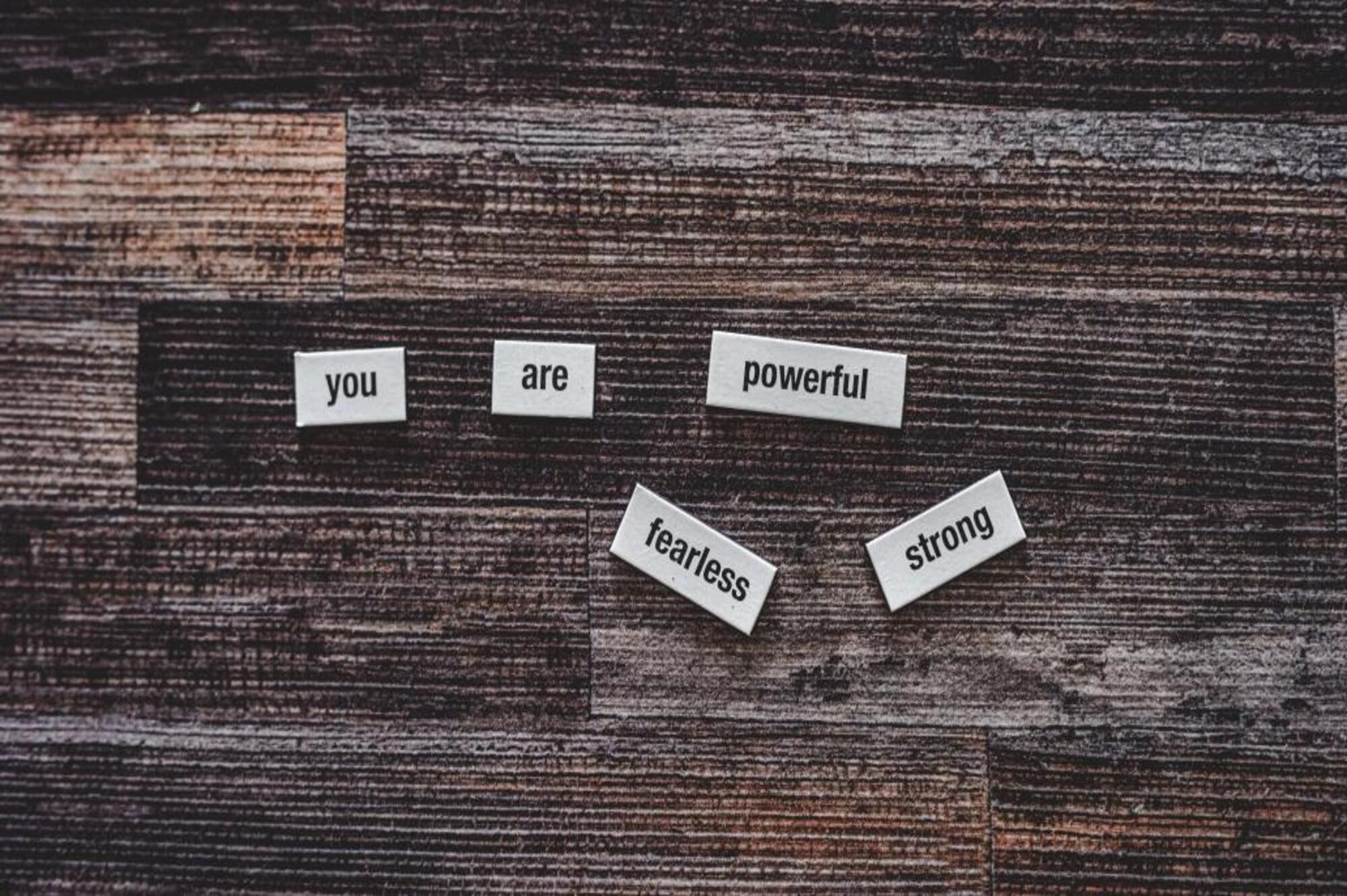
Children and especially teenagers are repeatedly exposed to stresses, conflicts, and uncertainties during their personal development. While some suffer from it, others almost intuitively develop a positive way of dealing with these confrontations, known as resilience.
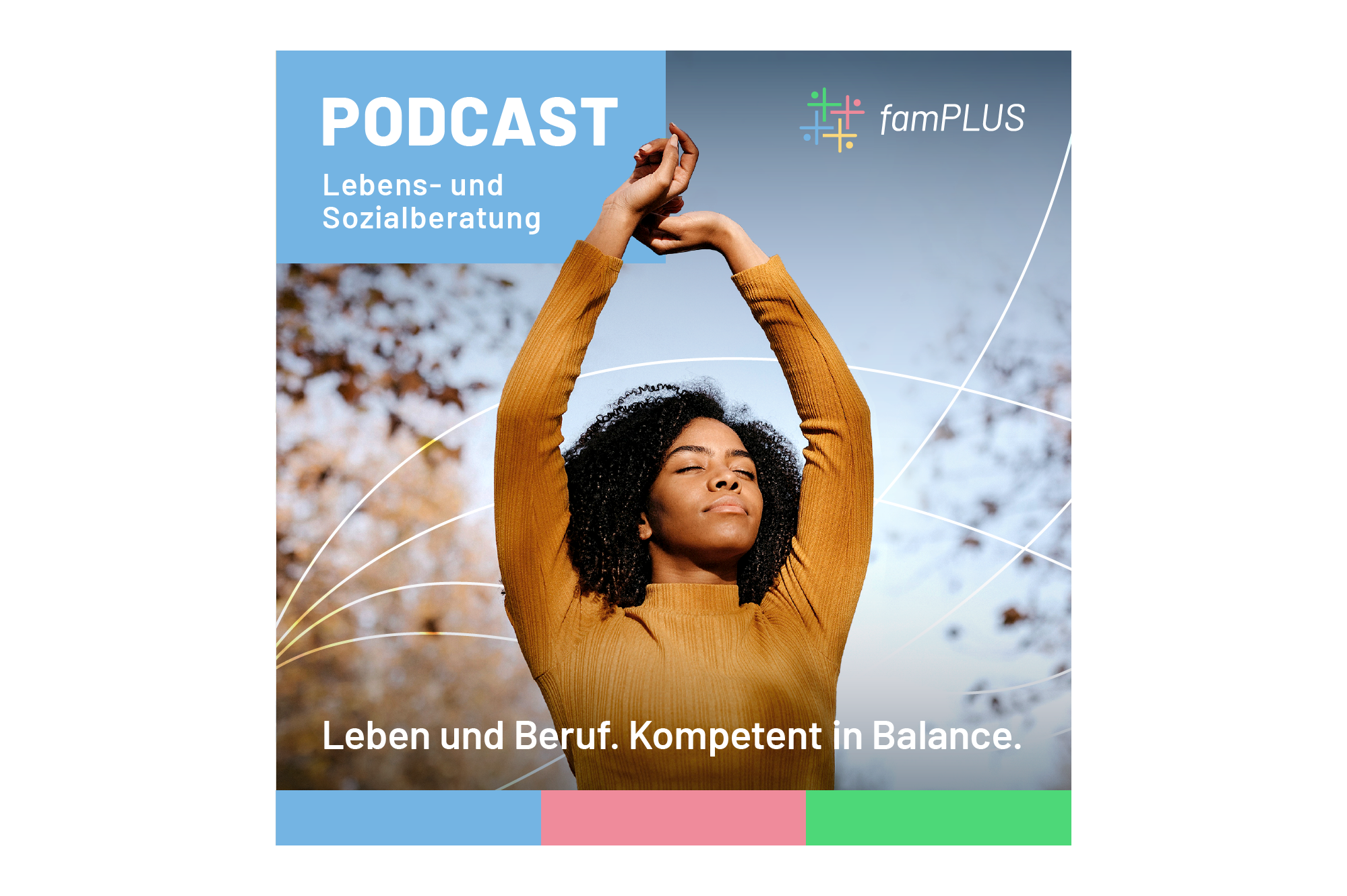
When we should question old patterns and habits, how we learn to let go, and how we can cope with crises—Coach and trainer Anna Basse discusses these topics with us. She also provides important tips for a more satisfying everyday life.

Childcare by a qualified au pair represents an attractive alternative to daycare or a childminder for many families. In this episode, we discuss with our partner company Multiculture the most important prerequisites that families need to consider when they want to employ an au pair, and provide an overview of costs, deadlines, and the process of arranging one.

In conversation with Petra Sutor, we talked with her about the role that grief occupies and should occupy in our society, why an open approach to grief is much healthier than mourning behind closed doors, and why there should also be a culture of mourning in the workplace to remain productive in the long term.